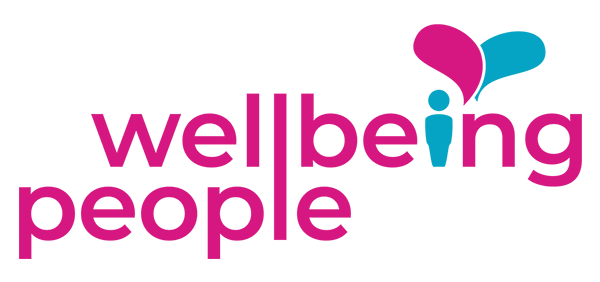Whether you’re a suffering insomniac or just suffer from poor sleep; our mood, productivity and health could all benefit from more restful and restorative sleep.
Sleep is the mysterious shift in consciousness that our bodies require every day. A good night’s sleep is vital for our health and wellbeing. Not only do we function less well when we have poor sleep, but it can also lead to long-term health problems. That’s why we need to do as much as we can to ensure that we enjoy quality sleep and deal with any sleep problems.
“Poor sleepers are twice as likely to struggle to be productive, 3 times more likely to struggle to concentrate and 7 times more likely to feel helpless” (Great British Sleep Survey, 2012 )
A restless night can result in reduced cognitive function and heightened emotional reactions. Mental health problems such as depression and anxiety can also be exacerbated by poor sleep and vice versa – poor sleep and poor health are closely linked. Sleep loss limits the body’s ability to build muscle, makes injury more likely during exercise and has been found to interfere with hunger hormones which fuel food cravings and can contribute towards obesity. An increased risk of diseases such as osteoporosis and cancer have also been linked to sleep deprivation.
- 66% of adults in developed nations are failing to get the 8 hours recommended by the World Health Organization (WHO).
- 46% of individuals with frequent sleep disturbances report missing work or events or making errors at work
Don't Count Sheep: Find the Key to Quality Sleep
We’ve put together a few tips to help you get better quality sleep
- Keep regular hours. Going to bed and getting up at roughly the same time will programme your body to sleep better.
- Create a restful sleeping environment. Your bedroom should be kept for rest and sleep and it should be neither too hot, nor too cold and as quiet and dark as possible.
- Cut down on stimulants such as caffeine in tea or coffee – especially in the evening. They interfere with falling asleep and prevent deep sleep. Have a hot milky drink or herbal tea instead.
- Don’t over-indulge. Too much food or alcohol, especially late at night, just before bedtime, can play havoc with sleep patterns. Alcohol may help you fall asleep initially but can interrupt your sleep later on in the night.
- Don’t smoke. Yes, it’s bad for sleep, too: smokers take longer to fall asleep, wake more often and often experience more sleep disruption.
- Try to relax before going to bed. Have a warm bath, listen to some quiet music, do some yoga – all help to relax both the mind and body.
- Make a list. Deal with worries or a heavy workload by making lists of things to be tackled the next day.
- If you can’t sleep, don’t lie there worrying about it. Get up and do something you find relaxing until you feel sleepy again – then go back to bed.
- Exercise. Regular, moderate exercise such as swimming or walking can help relieve the day’s stresses and strains. However, don’t exercise too close to bedtime as exercise releases adrenaline so may prevent you from falling asleep.
- It’s World Sleep Day on 15th March which contributes to improve and facilitate sleep health and happiness around the world. According to the World Sleep Society, most sleep disorders are preventable or treatable, yet less than one-third of sufferers seek professional help. Sleep problems constitute a global epidemic that threatens health and quality of life for up to 45% of the world’s population. Better understanding of sleep conditions and more research into this area of medicine will help reduce the burden of sleep disorders on society.
You can help to raise awareness of sleep disorders in your organisation by holding a ‘sleep workshop’ which will introduce techniques and healthy habits to promote a more restful and restorative sleep and provide tips to increase energy levels after a sleepless night. Click here for more information on Wellbeing People’s Sleeping for Success Webinar and Workshop
Workplace Wellbeing
Narrow the search for your next wellbeing initiative and discover the Wellbeing People approach to workplace wellbeing.
References and further reading
